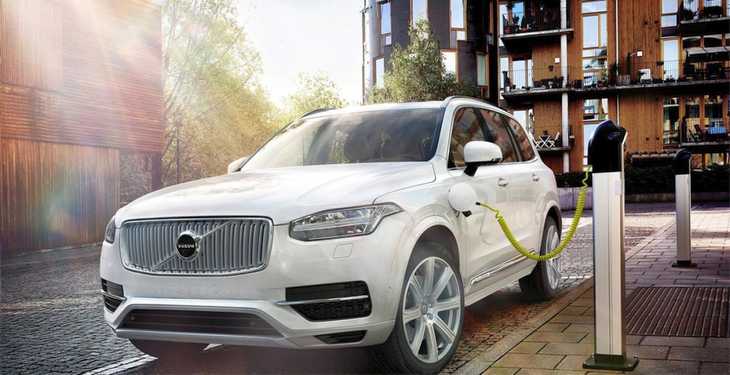All new cars launched by Volvo from 2019 onwards will be partially or completely battery-powered, in what the company called a “historic end” to building models that only have an internal combustion engine. Between 2019 and 2021, the firm will introduce five 100% electric models, and ensure the rest of its conventional petrol and diesel range has a hybrid engine of some form. It is the first major manufacturer to make such a bold move, according to The Guardian.
Håkan Samuelsson, the Volvo chief executive, said: “This announcement marks the end of the solely combustion engine-powered car.” He said the company was reacting to customers who had asked for electric cars, though the move will also help the Swedish firm meet legally-binding carbon targets for new cars sold in the EU from 2020.
The carmaker, owned by Chinese automotive giant Geely, has yet to build a single fully electric car but already sells five plug-in hybrid models that can run a few dozen miles on battery power before switching to a conventional engine. The pricing of those models suggests drivers will pay a premium for future Volvo cars – the basic plug-in hybrid version of its XC90 SUV crossover costs £61,650, £13,250 more than the basic diesel edition.
Several of the major carmakers, including Renault-Nissan, BMW and VW, have declared ambitious plans for electric cars, supported with grants by governments, which see them as a key way of tackling air pollution and climate change.

